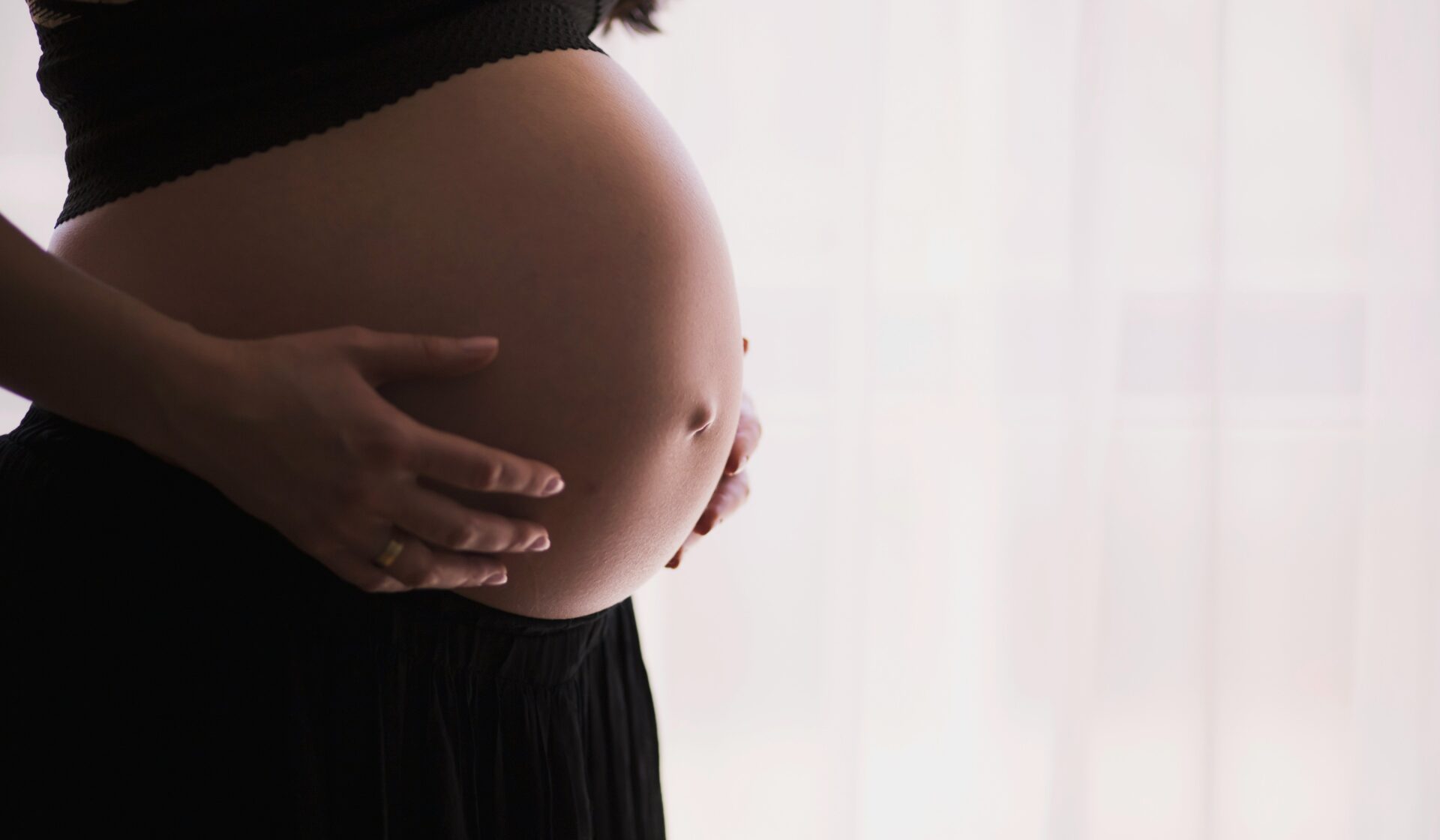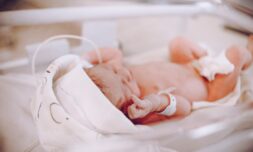According to recent research, women who have been pregnant before are more likely to exhibit signs of accelerated biological ageing compared to women who have never been pregnant.
While it may feel like common knowledge that pregnancy ages you, a new study published in Proceedings of the National Academy of Sciences has confirmed that growing a human being from scratch can make your body between two to 14 months ‘older.’
Not only this, but underscoring just how physically demanding pregnancy really is, the more times a woman has carried a baby to term, the faster her rate of ‘biological ageing.’
This is essentially how old your cells and organs seem based on their biochemistry, and is affected by certain life events (such as major illnesses, trauma, and periods of intense stress) that cause ‘jumps’ in epigenetic age as the body redirects energy and resources towards coping with these challenges.
‘The idea is that the body performs certain functions, but is always constrained about optimizing any one of those functions, and it creates a trade-off,’ lead researcher, Calen Ryan, told Time.
‘So energy going toward reproductive function may draw away from maintenance of the body.’
To reach their conclusion, scientists at Columbia University Mailman School of Public Health in New York looked at the reproductive histories and DNA samples from more than 1,700 people who are part of the long-term, continuing Cebu Longitudinal Health and Nutrition Survey in the Philippines.
The 825 female participants provided blood samples which were analysed for a number of biological factors associated with ageing, including changes in DNA known as epigenetic modifications.
This revealed that women who had been pregnant at least once were biologically older than women of the same age who had not been pregnant.
Pregnancy led to anywhere from four months to over a year of faster aging, at a rate of about 3 per cent more per year than women who had never been pregnant.
The team contrasted their findings by testing the same six epigenetic clocks in male participants, noting that the men who had welcomed children with their partners experienced no biological ageing as a result of having a child.
‘Pregnancy has a cost that appears to be detectable even as early as your 20s,’ adds Ryan, explaining that the discovery coincides with what we already know about high birth-rates – that experiencing many pregnancies can lead to a shorter life span and higher risk of cardiovascular disease.
‘We’re learning that it has long-term effects on the body. They are not all bad, but it seems to increase the risk of some diseases and all-cause mortality.’

















